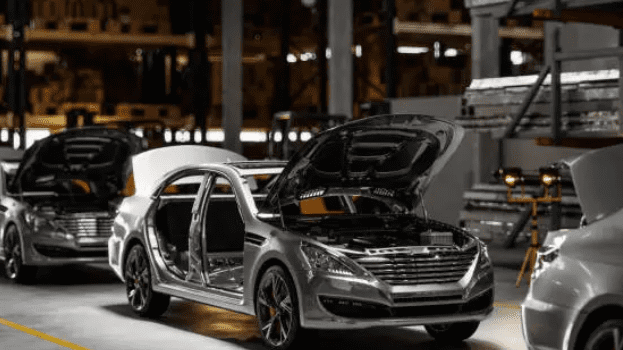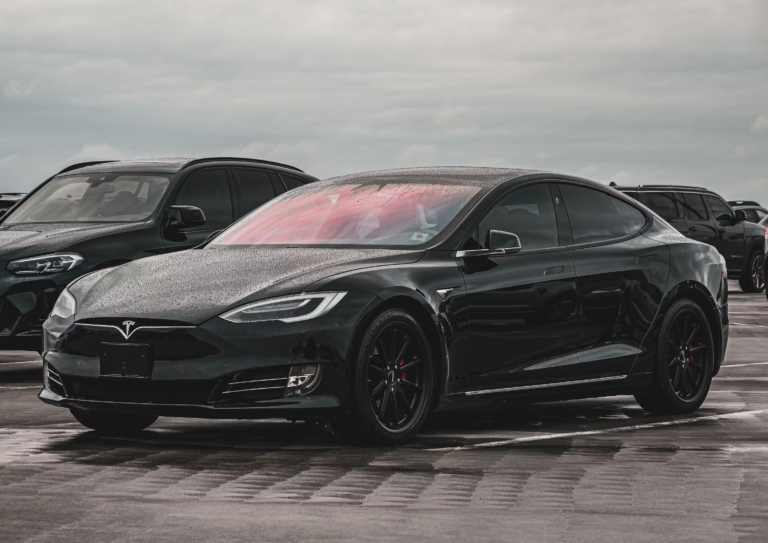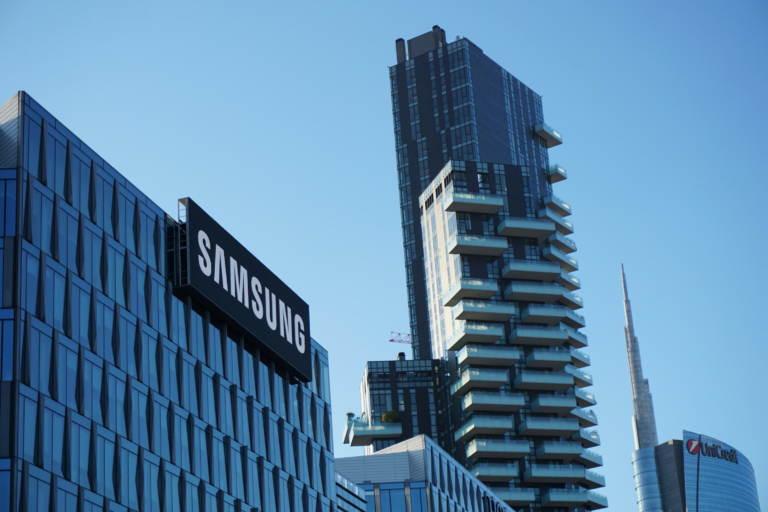The UK government has made an important decision about the future of car sales. While there will be a ban on cars that run only on petrol or diesel from 2030, hybrid cars will still be allowed to be sold until 2035. This means that cars using both fuel and battery power will have five extra years before facing the same restriction.
The announcement came after a lot of discussion and some confusion. A report over the weekend suggested that the government might back away from its commitment to banning petrol and diesel cars in 2030. However, the government quickly cleared things up. They confirmed that they are sticking to the original plan of banning cars that only use petrol or diesel by 2030. But some hybrid cars, which combine fuel engines with electric power, will still be available until 2035.

What Are Hybrid Cars?
Before diving into the details, let’s understand what hybrid cars are. A hybrid car uses a mix of an internal combustion engine (which runs on petrol or diesel) and a battery-powered motor. There are different types of hybrids.
- Mild hybrids mainly rely on their fuel engines, but the battery helps the car move more efficiently, especially when starting up.
- Regular hybrids can travel short distances using the battery alone, making them a bit better for the environment.
- Plug-in hybrids are a step further, as their batteries can be charged using an external cable, allowing them to run on electric power for longer distances before switching to fuel.
The idea behind hybrid cars is that they use less fuel, making them somewhat greener than fully petrol or diesel cars. However, pure electric cars, which only rely on batteries, are considered even more eco-friendly because they don’t produce any carbon emissions when being driven.
Labour’s Role in the Car Ban
The Labour party, currently the opposition in the UK, has also been vocal about this issue. In their manifesto, they promised to bring back the 2030 ban on cars that run purely on internal combustion engines (like petrol or diesel cars). However, they didn’t provide many details on how hybrid cars fit into this plan.
While hybrid cars do still have fuel engines, the fact that they use battery power for part of their journey makes them less polluting. Because of this, Labour has not ruled out the sale of hybrid cars between 2030 and 2035, but they haven’t been clear about exactly which types of hybrids will be allowed.
The Government’s Commitment
A spokesperson from the Department for Transport confirmed that the government remains fully committed to the 2030 ban on petrol and diesel-only cars. This was part of their original plan all along, and the provision for hybrid cars until 2035 was always included. They said that the government understands the need to provide clarity and stability for both car manufacturers and drivers, so more details will be announced soon.
Car Manufacturers and Electric Cars
Many car manufacturers have been pushing back against the 2030 ban. Over the past few years, electric cars have become more popular, but the demand has recently slowed down. For a while, sales of electric cars were increasing rapidly. However, this sudden boom has now led to lower prices, which is affecting the profits of car companies.
In August 2024, electric cars made up 22.6% of all car sales in the UK, the highest percentage since December 2022. Analysts believe that electric car sales will continue to grow because of new rules called the Zero Emissions Vehicle (ZEV) mandate. This mandate requires car manufacturers to make sure that at least 80% of the cars they sell by 2030 are fully electric.
Hybrids vs Electric Cars
The debate over whether hybrid cars should be allowed beyond 2030 is not just about technology—it’s also about the environment. While hybrid cars are better for the planet than pure petrol or diesel cars, they are not as green as fully electric cars. Since hybrid cars still use some fuel, they do produce carbon emissions, although less than traditional cars.
Pure electric cars, on the other hand, don’t emit any harmful gases when driven. They are also more energy-efficient than hybrid cars. Over their entire lifespan, electric cars tend to be much better for the environment. But for many people, hybrids feel like a safer option. They combine the familiarity of fuel with the benefits of electric power, making them an appealing choice for those hesitant about going fully electric.
The Impact on British Factories
The decision to allow hybrid car sales until 2035 is especially important for car manufacturers with factories in the UK. For example, Toyota, a Japanese carmaker, has a factory in Derbyshire where it produces hybrid cars. If hybrids were banned in 2030, Toyota might have to stop making cars in that factory altogether. This could lead to job losses and a major hit to the local economy.

Toyota will need to decide by 2027 whether it wants to invest in turning its factory into one that can produce electric cars. Allowing hybrid sales until 2035 gives them some extra time to make that decision.
What’s Next?
While this decision may seem like it only affects car companies and the government, it also impacts everyday drivers. Electric cars are becoming more common, but not everyone is ready to make the switch just yet. Hybrids offer a middle ground, giving people a chance to drive more environmentally friendly cars without completely giving up fuel.
As the government continues to work with car manufacturers and other stakeholders, more details will emerge about which hybrid cars will be allowed after 2030. But one thing is clear: the UK is moving towards a future where electric cars dominate the roads, and hybrid cars will only be a part of that journey until 2035.
So, whether you’re a fan of fuel or fully charged for electric, the future of driving is about to change—just not as fast as some thought.








